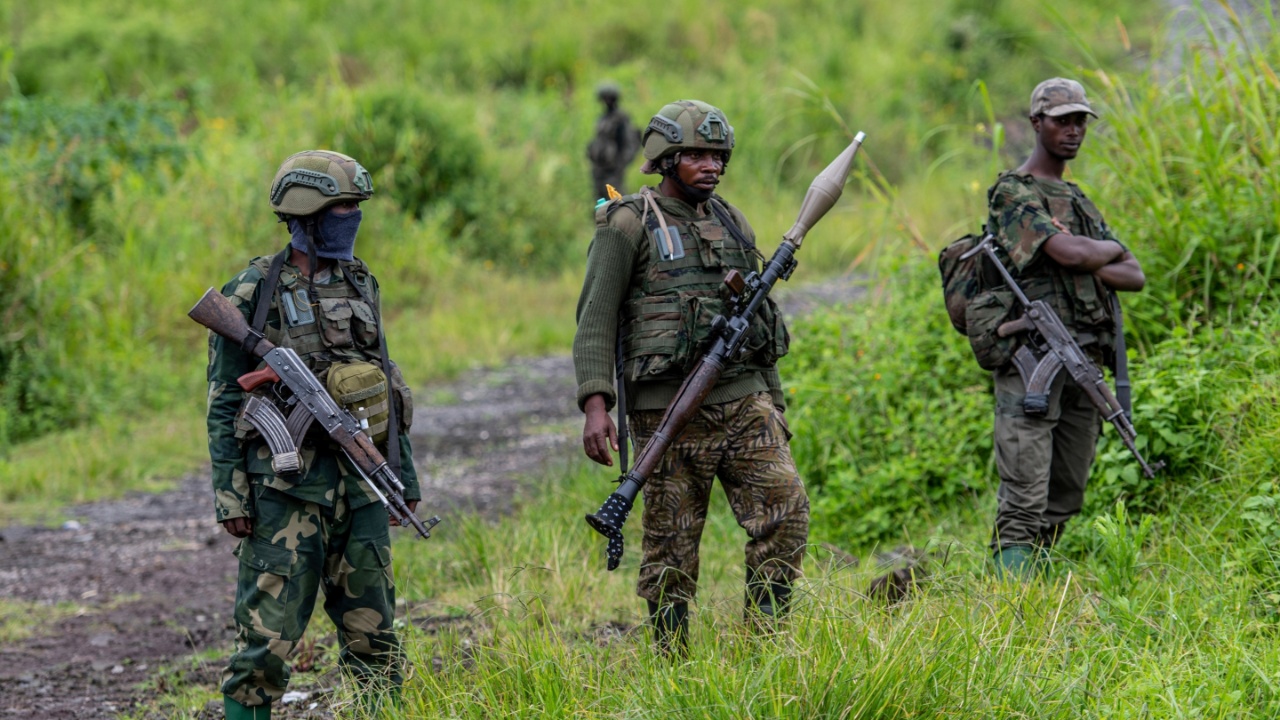In a significant breakthrough, Congo and Rwanda-backed rebel groups have signed a declaration of principles aimed at achieving a permanent ceasefire in eastern Congo. Facilitated by Qatar and endorsed by the African Union as a “major milestone,” this agreement marks a pivotal step toward ending one of Africa’s longest-running conflicts.
The declaration is seen as a framework for a comprehensive peace plan that addresses the root causes of the violence, which include ethnic tensions and competition over mineral resources. Thousands of lives have already been lost in the current year alone due to the fighting.
Genocide’s Aftermath and Mineral Wealth Continue to Fuel Eastern Congo’s Deadly Conflict
The origins of this enduring conflict lie in the aftermath of the 1994 Rwandan genocide, in which between 500,000 and 1 million Tutsis, along with moderate Hutus and the Twa people, were killed. After Tutsi rebels stopped the genocide and toppled the Hutu government, nearly 2 million Hutu refugees fled to neighboring Congo.
Kigali accused Kinshasa of harboring genocidaires among these refugees. Rwanda’s involvement in eastern Congo has been justified by Kigali as a need to neutralize lingering Hutu militants it deems a threat. Over 6 million people have died in the conflict through warfare, disease, and famine.
Eastern Congo’s vast mineral wealth, estimated by the U.S. Department of Commerce to be worth $24 trillion, continues to fuel the conflict. These minerals are vital to global technology, making the region strategically significant.
The U.S., concerned about growing Chinese influence, has supported efforts to gain access to these resources, as seen in KoBold Metals’ recent exploration agreement with Congo. Rwanda also has economic interests tied to the mineral trade. Though it claims its involvement is security-based, U.N. reports suggest Rwanda benefits from illegally exported minerals from rebel-held areas, particularly those controlled by the M23.
Justice and Lasting Peace at Risk Amid Conflicting Interpretations of Ceasefire Deal
Despite diplomatic progress, justice remains a critical and unresolved issue. The United Nations and various human rights organizations have accused both Congo’s forces and rebel groups of committing atrocities, including the killing and abuse of children, attacks on healthcare facilities, and forced recruitments.
These actions have sparked calls from civilians, such as Goma resident Amani Muisa, for justice and reparations to be prioritized in peace efforts. Without addressing these grievances, many fear that any peace agreement will be fragile and short-lived.
The declaration signed in Qatar is meant to be a stepping stone toward a comprehensive peace deal, expected to be finalized by August 18. This agreement builds upon a U.S.-brokered deal signed by Congo and Rwanda in June.
However, conflicting interpretations of key elements, particularly regarding whether rebels will withdraw from captured territories, have already emerged. These early disputes underscore the fragility of the ceasefire and the need for ongoing diplomacy, transparency, and external monitoring to ensure that the commitments translate into tangible, lasting peace on the ground.

Leave a Reply